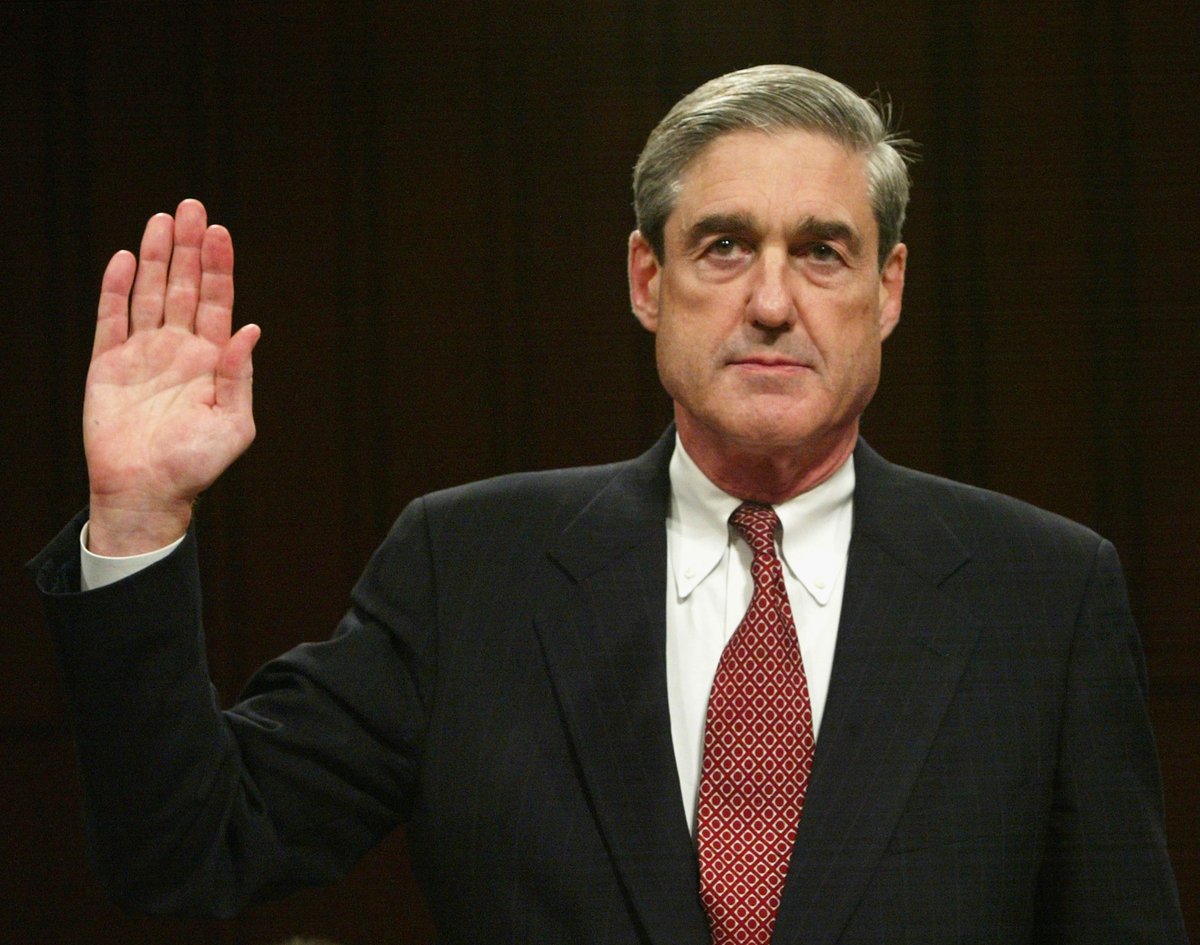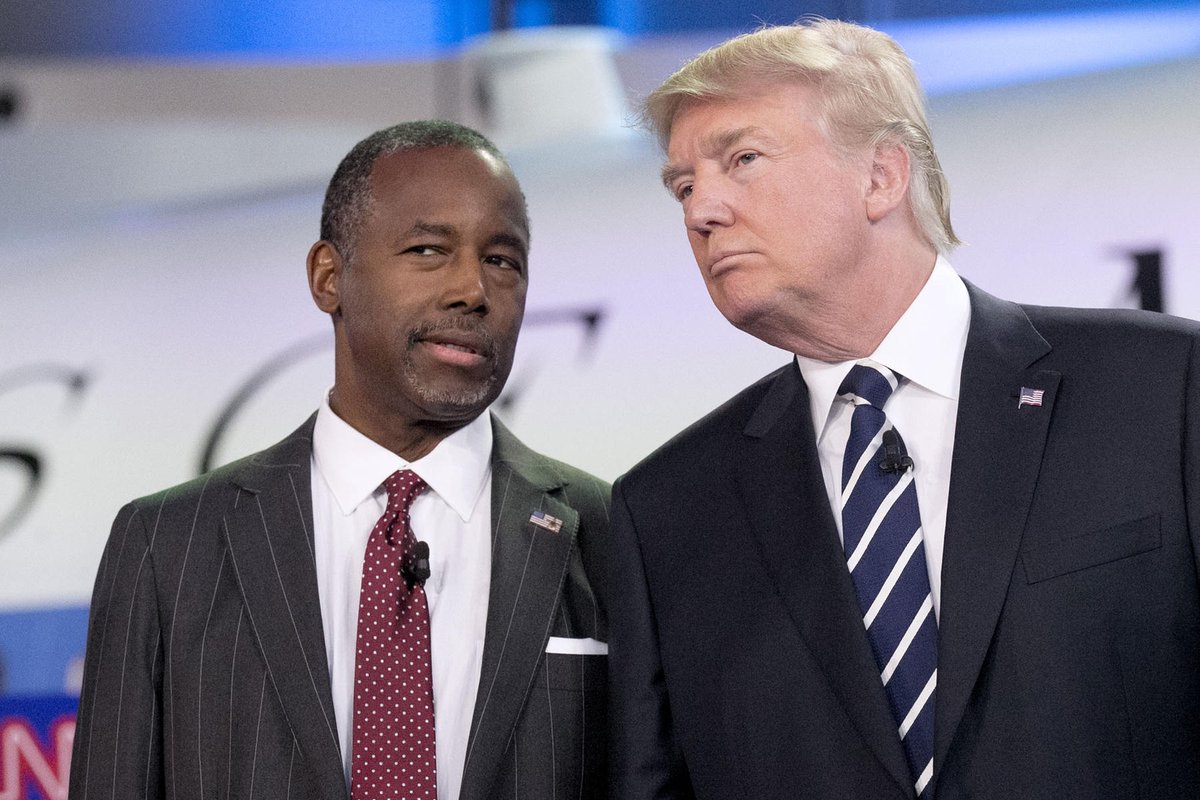ADMINISTRATIVE questions: Questions #1-20.
INVESTIGATIVE questions: Questions #21-40.
COUNTERINTEL questions: Questions #41-60.
And the forthcoming categories of questioning:
PROSPECTIVE questions: Questions #61-80.
MISCELLANEOUS questions: Questions #81-100.
a) You found no evidence of conspiracy?
b) You found no evidence of coordination?
c) You found no evidence of collusion?
d) You found no evidence of wrongdoing?















